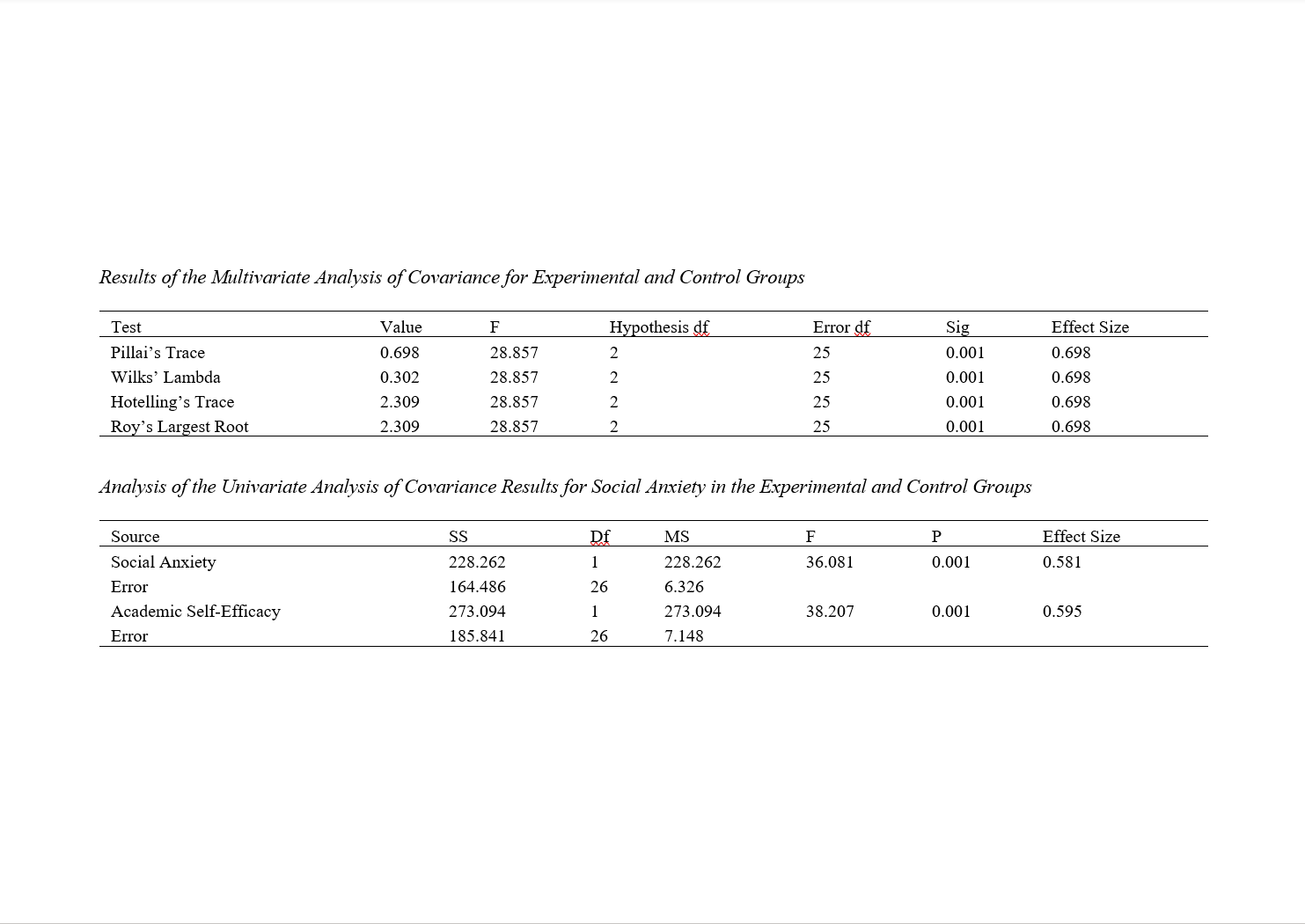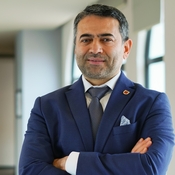Effectiveness of Cognitive-Behavioral Play Therapy on Social Anxiety and Academic Self-Efficacy in Elementary School Students with Learning Disabilities
Keywords:
social anxiety, academic self-efficacy, behavioral-cognitive game therapy, learning disordersAbstract
The present study aimed to determine the effectiveness of cognitive-behavioral play therapy on social anxiety and academic self-efficacy in elementary school students with learning disabilities. This research employed a quasi-experimental design with a pretest-posttest and control group. The research population consisted of all female elementary school students with learning disabilities in the second and third grades of schools in Qods City during the first half of 2024. Thirty participants were selected through simple random sampling and divided into two groups: the experimental group (receiving cognitive-behavioral play therapy interventions) and the control group (receiving no therapeutic intervention). The research tools included the Conover Social Anxiety Questionnaire (2000) and the Jink and Morgan Academic Self-Efficacy Questionnaire (1999). To analyze the data and test the research hypotheses, Multivariate Analysis of Covariance (MANCOVA) and Univariate Analysis of Covariance (ANCOVA) were used. The results indicated a significant difference between the intervention and control groups in terms of mean scores on the variables of social anxiety and academic self-efficacy (p < 0.001). The findings favored the experimental group. Overall, the results showed that cognitive-behavioral play therapy reduced social anxiety and increased academic self-efficacy in elementary school students with learning disabilities.
Downloads

Downloads
Additional Files
Published
Submitted
Revised
Accepted
License
Copyright (c) 2024 Mahla Shabani, Mitra Sadoughi, Eshagh Samkhaniani (Author)

This work is licensed under a Creative Commons Attribution-NonCommercial 4.0 International License.

















